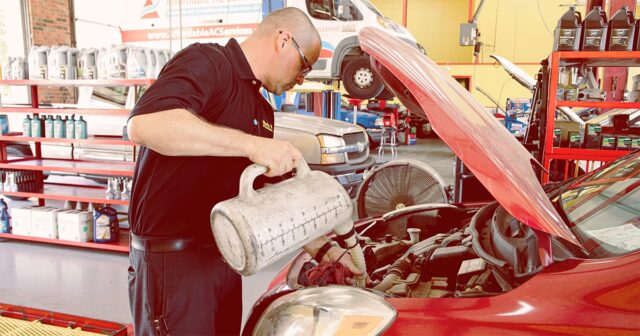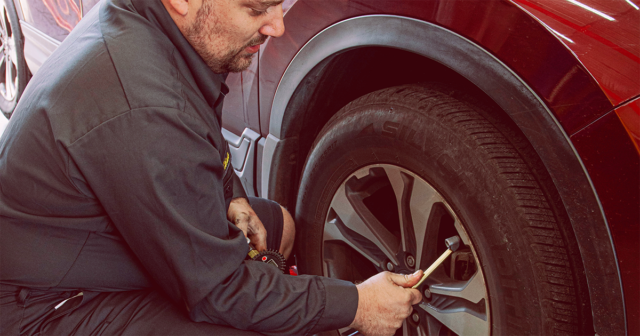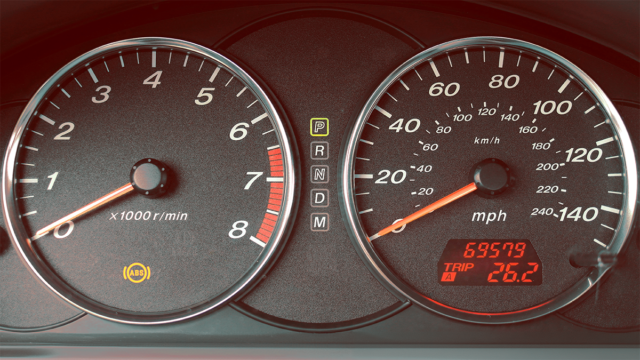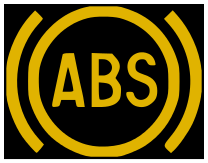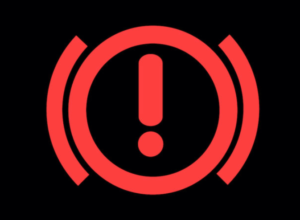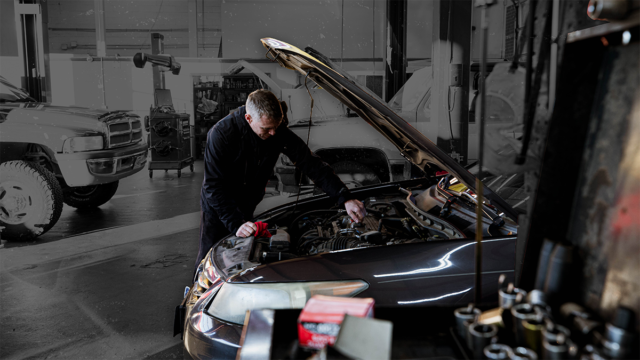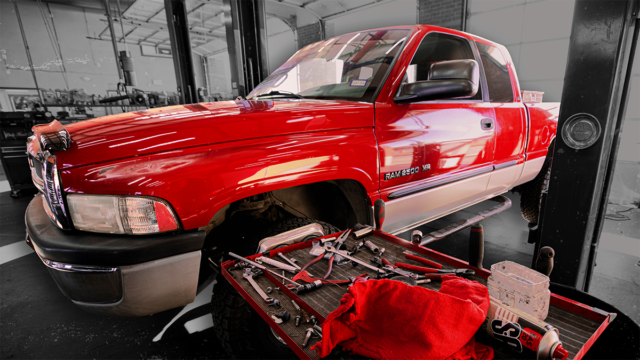Preventive maintenance is often overlooked until a major problem arises. Yet, taking the time to perform regular maintenance on your vehicle can significantly extend its life and keep you safe on the road. Imagine being stranded in the middle of nowhere because of a preventable issue—this scenario highlights the importance of staying on top of vehicle care.
Preventive maintenance involves regular, routine actions taken to keep your vehicle running smoothly. This includes everything from oil changes and tire rotations to brake inspections and fluid checks by a professional. The goal is to identify and fix potential issues before they become a major repair. This proactive approach not only keeps your vehicle in optimal condition but also enhances vehicle safety and performance.
The Benefits of Preventive Maintenance
The importance of preventive maintenance cannot be overstated. It offers numerous benefits that can save you time, money, and ensure vehicle safety on the road.
Time Saved
Regular preventive maintenance significantly reduces the risk of unexpected breakdowns and major repairs. By addressing issues proactively, you minimize the chances of being stranded or facing lengthy repair times. This approach allows you to maintain a reliable and preventive maintenance routine to avoid the inconvenience of sudden vehicle failures.
Money Saved
One of the most significant advantages of preventive maintenance is its cost-effectiveness. By detecting and addressing small issues early on, you can prevent them from developing into an even more expensive problem later. Regular maintenance tasks such as oil changes, fluid checks, brake inspections, and other simple repairs are far less costly than major engine overhauls or component replacements that result from neglecting these simple routine tasks. This approach not only preserves your vehicle’s performance, but also helps you maintain a stable budget by avoiding unexpected financial burdens.
Vehicle Longevity & Safety
Well-maintained brakes, properly inflated tires, and regularly inspected suspension systems are crucial for ensuring safety and reliability on the road. These components play a pivotal role in maintaining optimal handling, responsiveness, and stability, which are essential for safe driving. By prioritizing preventive maintenance, you not only reduce the risk of mechanical failures but also enhance your ability to maneuver safely, especially during emergency situations or adverse weather conditions. Not only are you protecting yourself and other passengers but also the safety of other drivers on the road.
Maintenance Schedules and Timing
Following the manufacturer’s recommendations in your vehicle’s manual is the best way to take care of your vehicle. These guidelines are specifically designed to optimize your car’s performance based on its design and engineering. You should always consider seasonal checks to prepare your vehicle for different weather conditions, such as ensuring the antifreeze is adequate in winter or checking the air conditioning system before summer.
Always adhere to your mileage-based maintenance schedules for tasks that need to be done after driving a certain number of miles. Keeping track of your vehicle’s mileage and maintenance dates is essential for staying on top of auto care. It allows you to schedule regular services like oil changes, filter replacements, and fluid checks at the right intervals. For example, some manufacturers might recommend more frequent oil changes for vehicles driven under severe conditions, such as extreme temperatures or frequent short trips. By balancing general time-frames with specific manufacturer recommendations, you can anticipate upcoming maintenance needs and ensure your car receives timely services and inspections.
Safe Driving Habits
Practicing gentle acceleration and braking not only conserves fuel but also reduces strain on your engine and transmission components. Avoiding sudden stops and starts can extend the life of your brake pads and rotors, ensuring they wear evenly over time. Maintaining consistent speeds on highways and avoiding unnecessary idling helps reduce wear on engine parts, contributing to overall efficiency and durability.
Consistent, moderate driving speeds are beneficial for long-term vehicle health. Rapid acceleration and abrupt braking increase stress on the engine, transmission, and brakes, potentially leading to premature wear and reduced efficiency. By driving smoothly and anticipating traffic flow, you not only enhance fuel efficiency but also prolong the life of critical components. These habits not only save you money on repair costs but also contribute to a more comfortable and reliable driving experience over the years.
Preventive Maintenance Mistakes to Avoid
To make the most of your preventive maintenance efforts, avoid these common mistakes:
- Skipping Scheduled Services: Neglecting scheduled maintenance can result in severe consequences for your vehicle. Adhering to your maintenance schedule is essential as regular check-ups and services can aid in early detection of potential issues. Regular check-ups and servicing can help identify potential problems early.
- Ignoring Warning Signs: Unusual noises, warning lights, or changes in vehicle performance should never be ignored. Addressing these signs promptly can prevent major problems. Taking immediate action when you notice any irregularities can save you from dealing with severe and expensive repairs.
- Using Low-Quality Parts: Opting for cheap, low-quality parts may save money initially, but they can lead to premature failures and costly repairs. Always use high-quality, manufacturer-recommended parts.
- DIY Without Proper Knowledge: While some maintenance tasks can be done at home, others require professional expertise. Attempting any complex repair without proper knowledge can cause more harm than good. If you are unsure about a repair, it is best to bring your vehicle into a trusted auto maintenance shop like Kwik Kar, where trained professionals can ensure the work is done correctly and safely.
Trust Auto Professionals
Your vehicle is more than just a mode of transportation—it is a vital part of your daily routine. At Kwik Kar, our experienced technicians recognize the significance of auto care. Approaching every inspection and repair with the utmost care and expertise, ensuring thorough assessments and precise solutions. We prioritize transparency, providing honest evaluations of your vehicle’s condition and potential issues. This commitment guarantees you receive trustworthy guidance on maintaining and improving your vehicle’s performance with preventive maintenance. Bring your vehicle to Kwik Kar for auto care you can depend on, knowing that our team is dedicated to keeping you safe and your vehicle running smoothly.
Financing Services Available
Regular maintenance can sometimes be challenging financially, but at Kwik Kar, we offer flexible financing solutions to make quality auto services affordable and accessible. Whether you need routine maintenance or have an unexpected repair, our financing options can help you ensure your vehicle receives the care it deserves without the stress of finances. Stop by any of our Denton or Paloma Creek locations and experience superior auto care firsthand!

